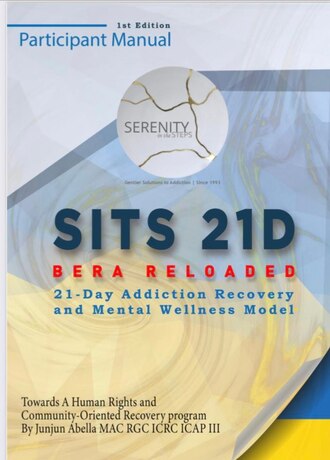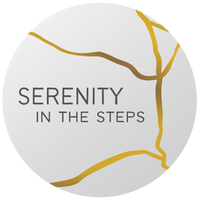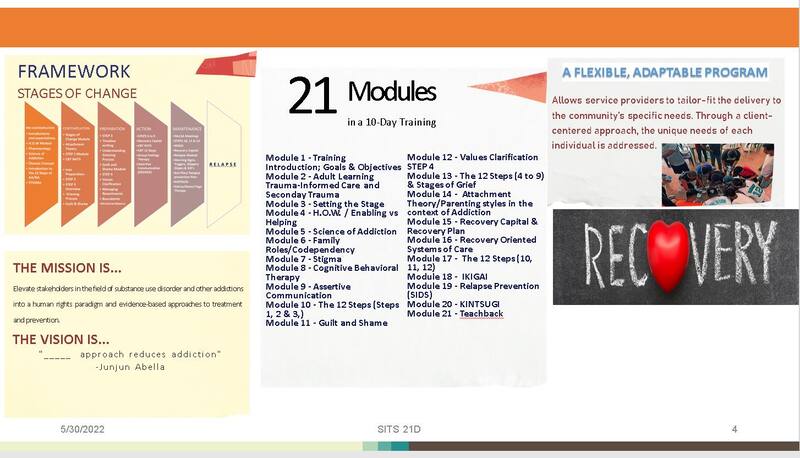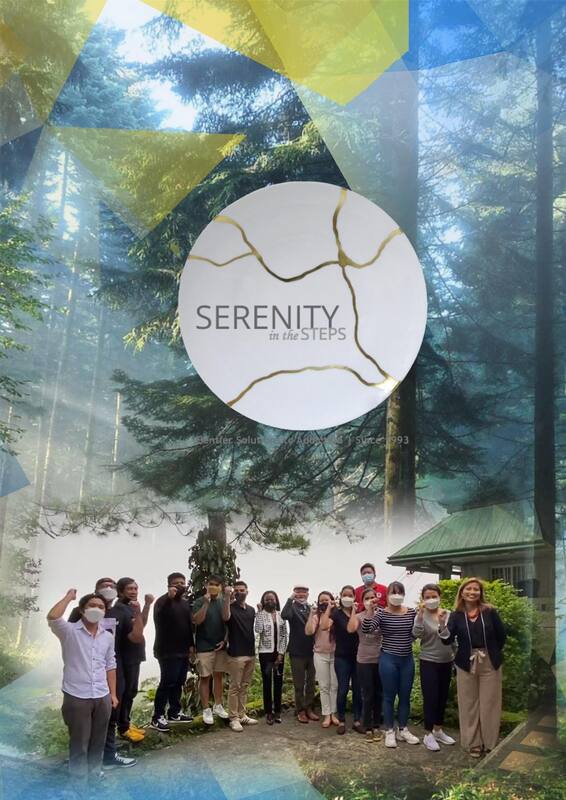 The SITS21D BERA RELOADED Training was held by SERENITY IN THE STEPS in Baguio City, Philippines last 13th – 23rd of June, 2022. It was headed and facilitated by Mr. Clemente Abella Jr. MAC RGC ICRC ICAP III, Ms. Sarah Araullo ICAP II, and Mr. Guisseppe Abella, with Mr. Guisseppe heading the secretariat. The curriculum used was authored by Mr. Clemente Abella Jr. MAC RGC ICRC ICAP III, co-written by Ms. Sarah Araullo ICAP II, and edited by Mr. Guisseppe Abella. The SITS21D training is the adapted version of the 21-Day treatment program into a 9-Day training program with an approach in training service providers and allies in the current field. The conception of this training may be attributed as a by-product of preexisting collaboration between Serenity in the Steps clients and staffs and local partners in the municipalities of Agoo and Bangar, La Union, and an existing Out-patient Drop-In Center (ODIC) in Nueva Ecija. The curriculum was based on Serenity in the Steps' 90/180-day treatment program and clinical applications of the CPDAP (Colombo Plan Drug Advisory Program) Universal Treatment Curriculum (UTC). The training exposed the participants in experiencing both sides of the stick by being both the client and facilitator in a series of sessions, lectures, and activities. This proved to be a refreshing hands-on approach that immersed the participants with enough and extensive experience to share with their clients. Day I was the module on Adult Learning Theories which served as the platform for the entire training . The process began with Aandragogic style modules and sessions to experiential and transformative processes such as using the 12-Steps of Recovery approach and Cognitive Behavioral Therapy (CBT). It is also noteworthy that activities such as the Ikigai and Kintsugi also provided platforms for the participants to process their own personal emotions and experiences in a full immersive manner. Despite being a pilot test for the curriculum used, the training aimed to create a sustainable, elevated, and enhanced, recovery-first system of care for the clients, with the Internal Locus of Control rooted as a foundational recovery skill. The training also emphasized a more humanistic approach in addiction treatment that is more evidence-based and recovery-systems focused. These evidences may be attributed data gleaned from the 21-Day rural based program in the LGUs of Agoo and Banger, La Union, as well as Saklay Center in Nueva Ecija. Summarized evaluation data from the participants' responses include positive response towards the choice of topics presented in each modules, the relevance of each step of the 12 Steps in different modules, extensive elaboration on technical topics such as the Science of Addiction, and transformative effects on the participant-based immersive modules such as the Attachment Style theories, Ikigai, and Kintsugi to name a few. Pre and post test results yielded a mean of 45% improvement In conclusion, as per the evaluation data of the participants, the training's objectives were all clear, measurable, and met. The content was cohesive, substantial, up-to-date, and relevant with the participants' field of work, and the trainers were able to utilize the training period to the participants' maximum learning experience. The positive result does not fall short in regards with the teach back session, where the participants were put to the test on how they would teach the lessons and activities they have learned with their potential clients. Their performances were measured by its impact, usefulness, facilitator skills, and X-Factor, evaluated by clients of Serenity in the Steps. Data showed that at least 60% of the overall performance of all groups had positive results, with the highest score of 89.32%. It was with overwhelming positive responses by the participants that the trainers were all effective, efficient, knowledgeable, and engaging in delivery in each module and activity. While 9 days brought about positive results, the SITS21D team concluded that it is not enough. The team evaluated that 12 days would be more efficient to give more time, grace period, and spatial venue especially for activities that requires more processing, and activities such as group checks. |
Archives
October 2022
Categories |



 RSS Feed
RSS Feed
